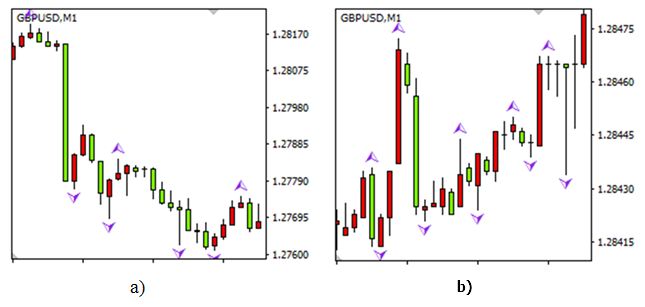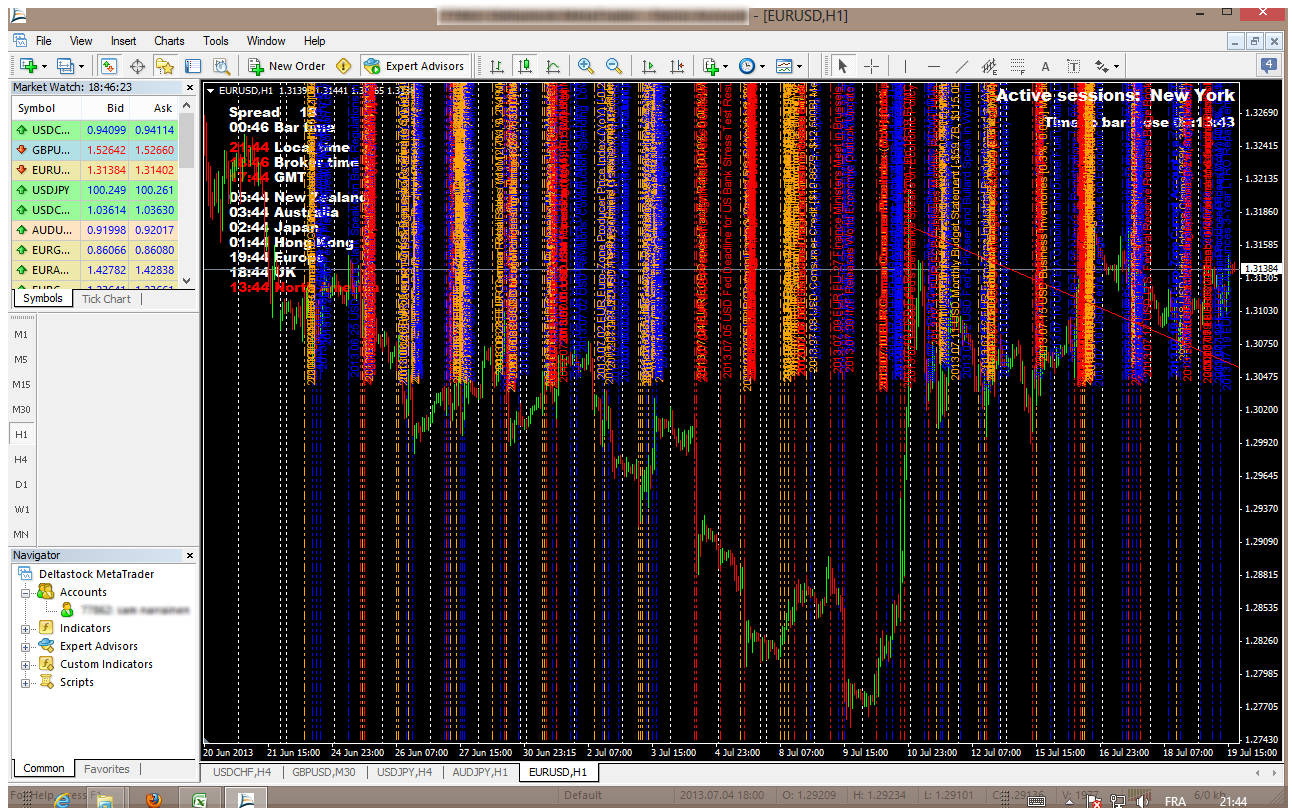Introduction
MetaQuotes Language (MQL) is a powerful programming language specifically designed for the MetaTrader trading platform. It empowers traders to develop automated trading strategies, technical indicators, and custom scripts. MQL coding can be a formidable task, but with the right approach, it can be made easier. This comprehensive guide will provide a step-by-step roadmap, from foundational concepts to practical applications, to help you master MQL coding for forex trading.

Image: forexforecastingtechniques1.blogspot.com
Mastery of MQL coding offers numerous advantages for forex traders. It enables the creation of customized and efficient trading strategies tailored to specific market conditions. Automated trading eliminates the potential for human error and allows traders to monitor multiple markets simultaneously. Moreover, custom indicators can enhance technical analysis capabilities, providing deeper insights into market behavior.
Understanding MQL Syntax and Structure
MQL syntax is similar to C/C++, making it easy to understand for programmers. It follows a structured format with variables, functions, operators, and control statements.
Variables store data and can be of various types, including integers, doubles, strings, and arrays. Functions are reusable blocks of code that perform specific tasks, facilitating code organization and modularity.
Operators allow for mathematical and logical operations on variables. Conditional statements control the flow of execution based on specific conditions, while loops enable repetitive tasks.
Exploring Essential MQL Functions
MQL provides a vast array of built-in functions for forex trading. These functions cover a wide range of capabilities, including:
- Market data access: Retrieving real-time prices, historical data, and technical indicators.
- Order management: Placing, modifying, and closing orders.
- Chart analysis: Identifying patterns, trends, and support/resistance levels.
- Mathematical calculations: Performing complex mathematical operations.
- User interface creation: Designing custom trading panels and interfaces.
Developing Trading Strategies with MQL
MQL allows traders to develop automated trading strategies. Strategies define the criteria for entering and exiting trades based on specific market conditions.
Strategy development involves the following steps:
- Defining entry and exit rules using technical indicators or price action.
- Setting risk management parameters such as position size and stop loss.
- Optimizing strategy parameters using historical data or forward testing.
- Backtesting and evaluating strategy performance before live trading.

Image: www.mql5.com
Creating Custom Technical Indicators
Custom technical indicators can enhance technical analysis and provide unique insights. MQL enables traders to create indicators from scratch or modify existing ones.
Indicator development typically involves:
- Defining calculation parameters and data sources.
- Implementing the indicator’s logic using MQL functions.
- Visualizing the indicator on the trading chart.
- Optimizing indicator parameters for different market conditions.
Optimizing and Testing MQL Code
Optimization and testing ensure that MQL code performs efficiently and reliably. Optimization focuses on adjusting strategy parameters to maximize profitability, while testing involves evaluating code under different market conditions.
Testing methods include:
- Backtesting: Simulating strategy performance on historical data.
- Forward testing: Trading with small amounts of capital to monitor real-time performance.
- Monte Carlo simulations: Assessing strategy robustness under various market scenarios.
Mql Coding Made Easy Forex
Conclusion
MQL coding is a valuable skill that empowers forex traders to enhance their trading capabilities. With a clear understanding of its syntax, functions, and applications, traders can develop customized trading strategies, create technical indicators, and automate their trading processes. This comprehensive guide has provided a solid foundation for mastering MQL coding. Remember to practice regularly, experiment with different concepts, and seek knowledge from experienced coders to excel in this field. May your MQL coding journey lead to enhanced trading success!






